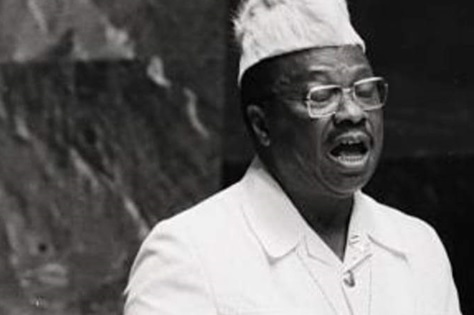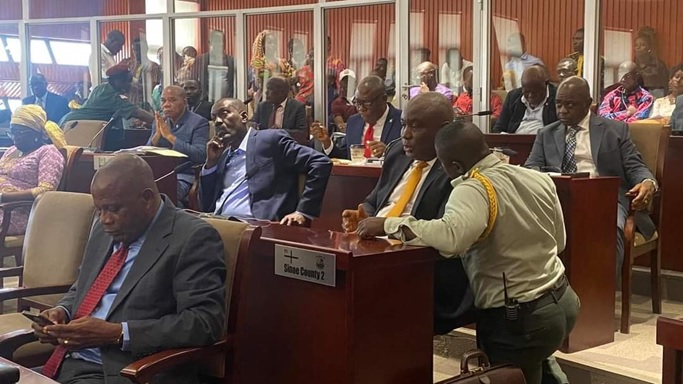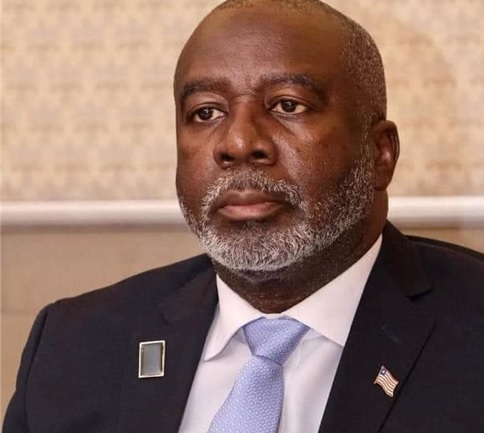The military coup of April 12, 1980, stands as a pivotal moment in Liberia’s narrative, marking the abrupt conclusion of a century-long era of political stability. Led by Samuel Doe, a Master Sergeant of the Armed Forces of Liberia (AFL) and of the Krahn tribe, the coup was fueled by a culmination of factors, including Doe’s personal grievance stemming from President William Richard Tolbert Jr’s favoritism toward the Americo-Liberian elite.
The aftermath of the coup was marred by violence and instability, plunging Liberia into a prolonged period of social and political unrest. The new military regime, characterized by corruption and authoritarianism, exacerbated existing tensions, ultimately igniting a devastating civil war from 1989 to 2003. The conflict claimed the lives of over 250,000 individuals, leaving a lasting scar on the nation’s psyche.
In hindsight, the 1980 April 12 military coup represents a tragic juncture in Liberia’s history, marking the demise of political stability and economic prosperity. Its legacy serves as a sobering reminder of the perils of unchecked power and the catastrophic consequences of societal discord.
However, William Richard Tolbert Jr., the 20th President of Liberia, served from 1971 until his overthrow in the military coup on April 12, 1980. Born on May 13, 1913, Tolbert hailed from the Americo-Liberian elite, known for their prominence in Liberian politics. While his presidency was characterized by efforts to modernize Liberia’s economy and promote social reforms. His tragic assassination during the coup marked the end of over a century of political dominance by the Americo-Liberian elite, ushering in a turbulent period of military rule and civil unrest in Liberia.
Assuming the presidency after the coup, Doe’s regime was marked by authoritarianism, corruption, and human rights abuses. Despite initial popular support, his government faced numerous challenges, including internal dissent and external pressures.
Born on May 6, 1951 in Tuzon, Grand Gedeh County, Doe’s presidency came to a violent end in 1990 during the First Liberian Civil War, when he was captured and executed. His rule and subsequent demise symbolize a tumultuous period in Liberian history, marked by political instability, economic decline, and social unrest.







